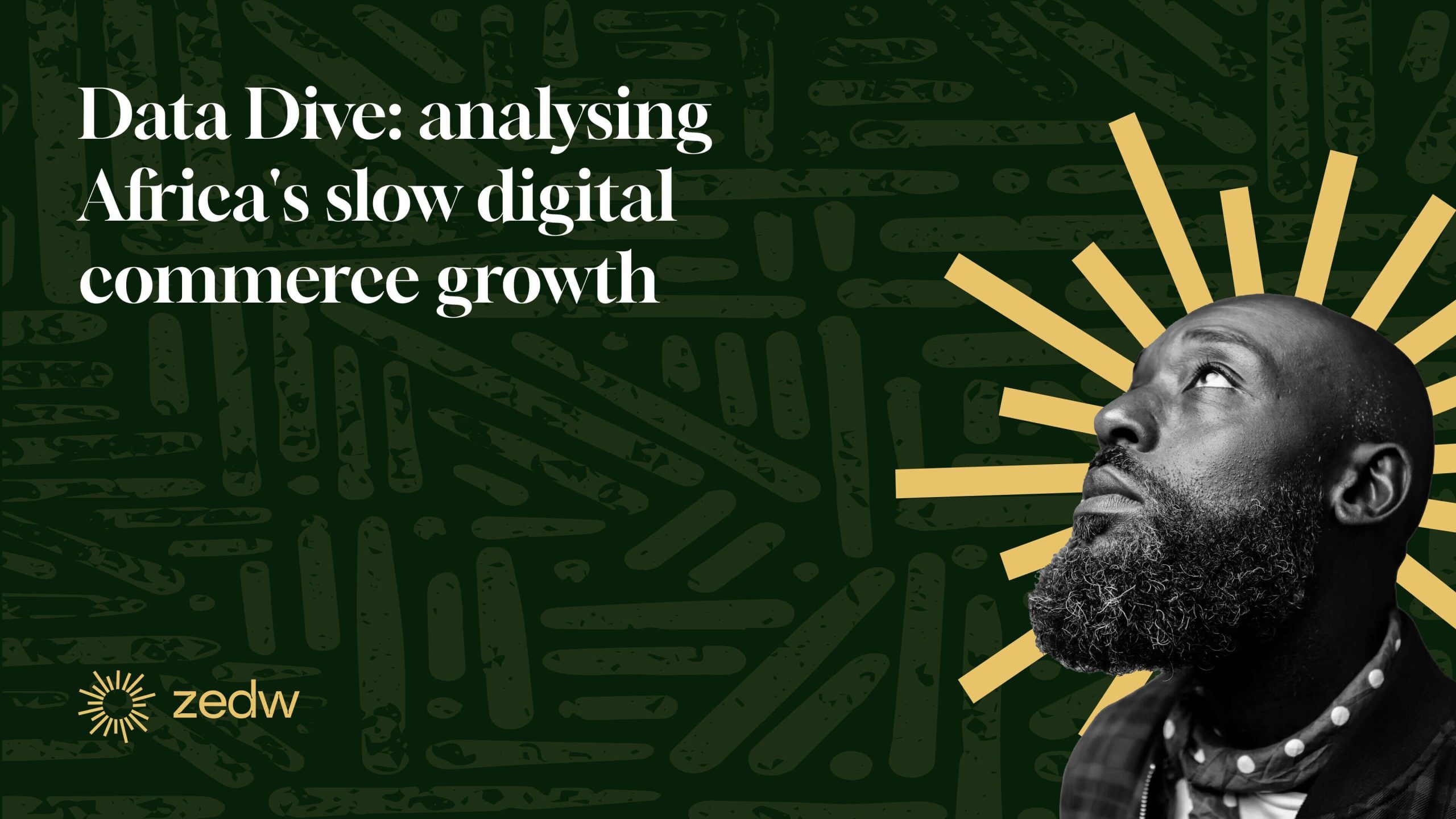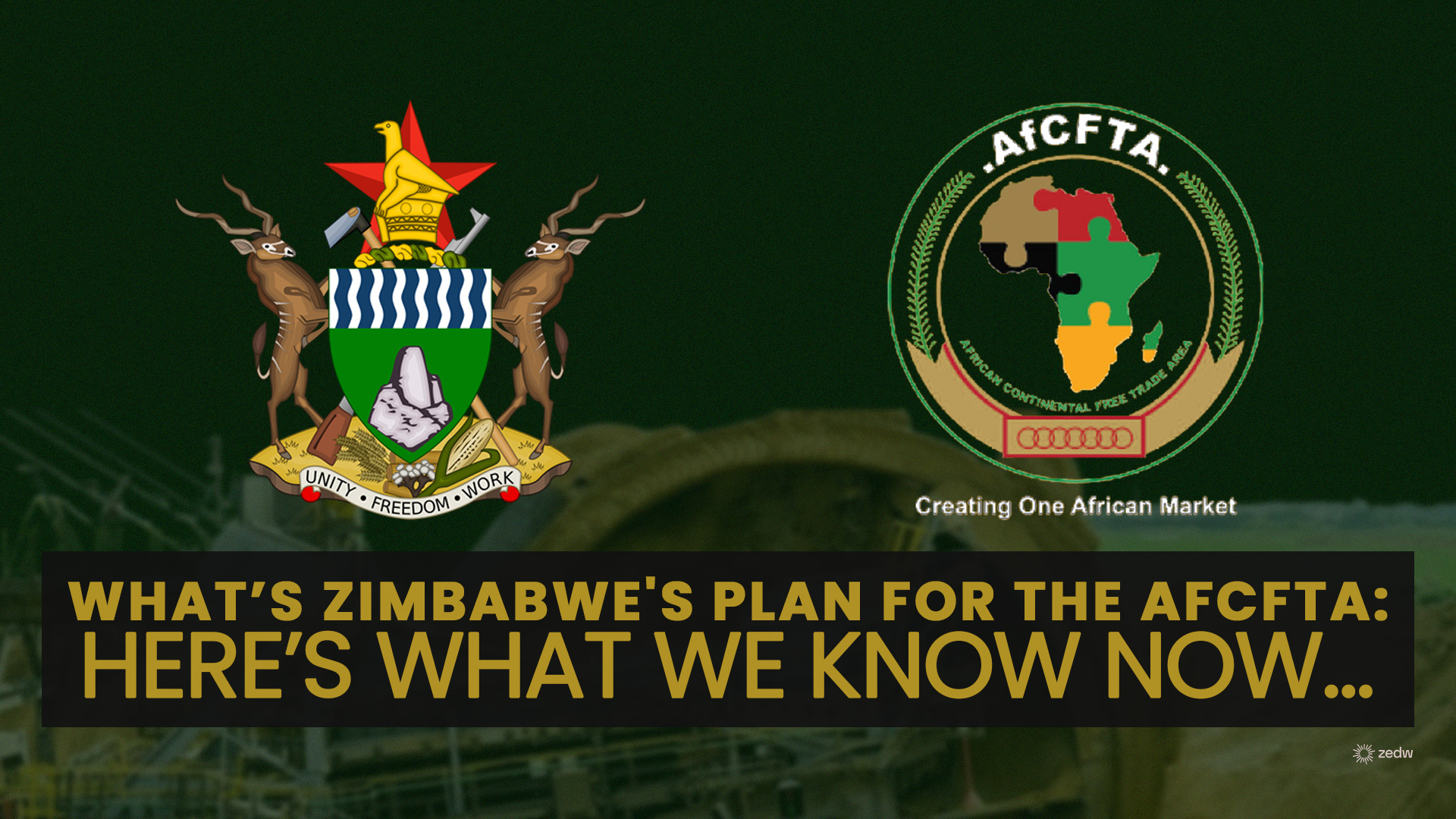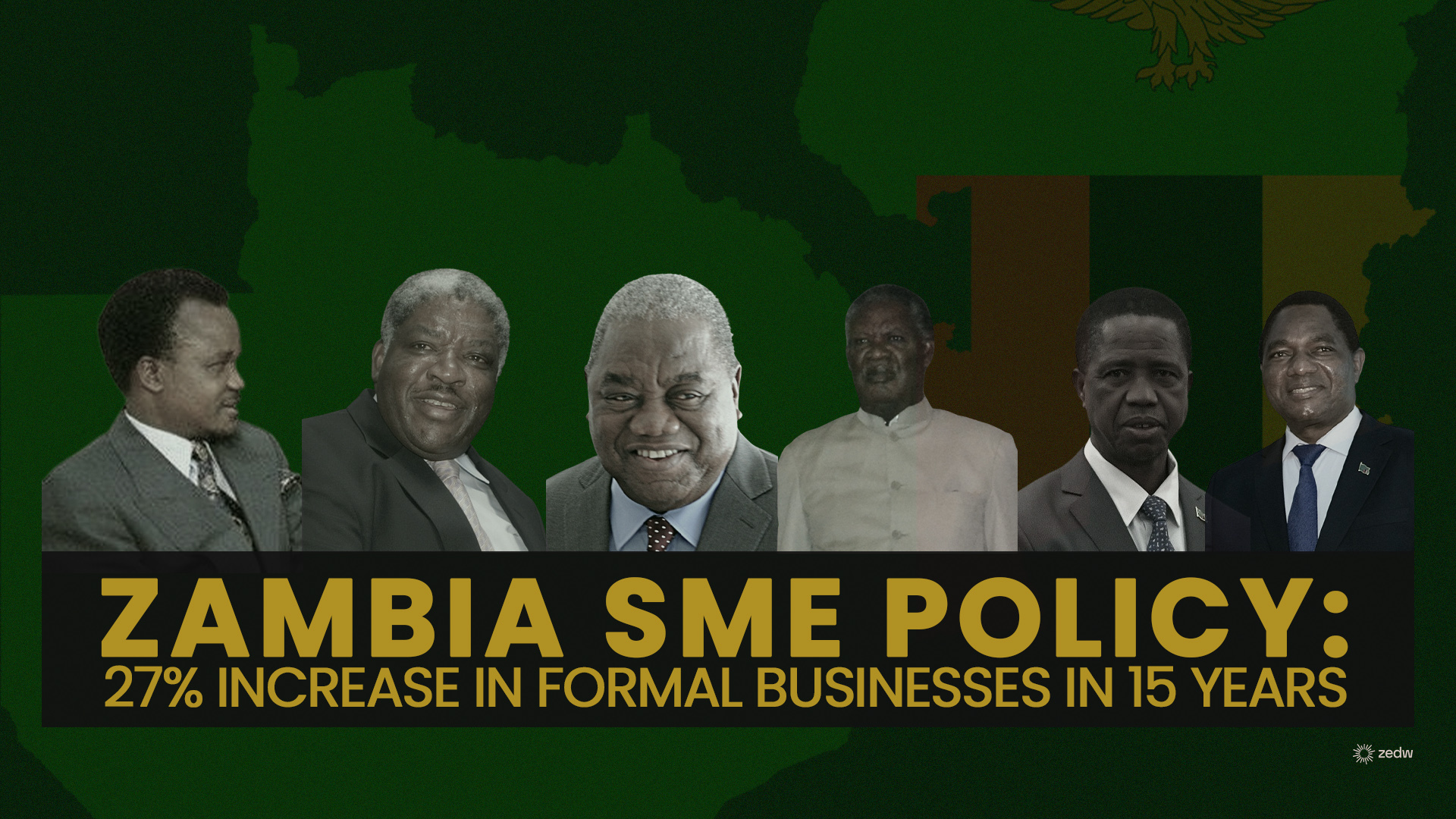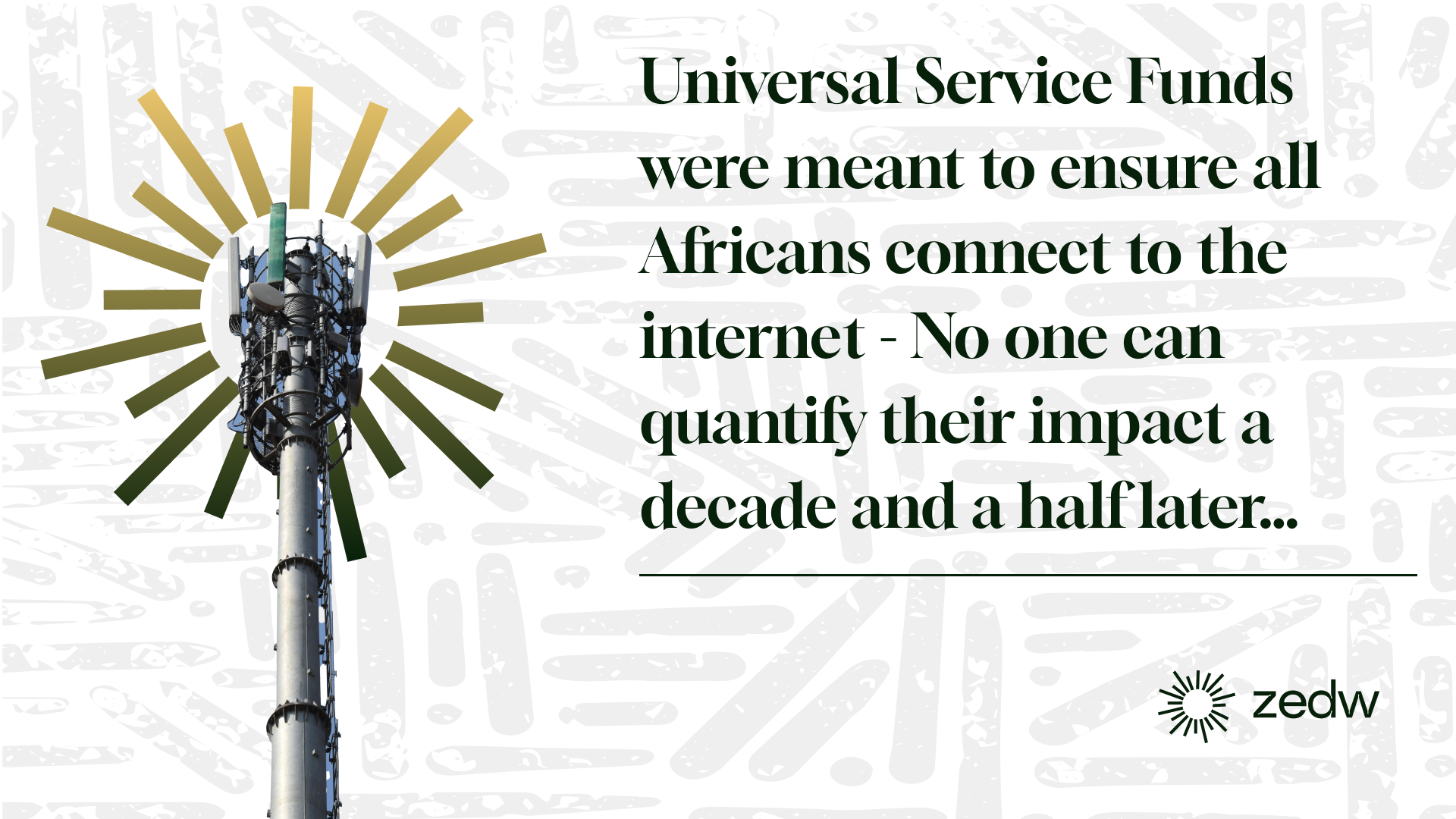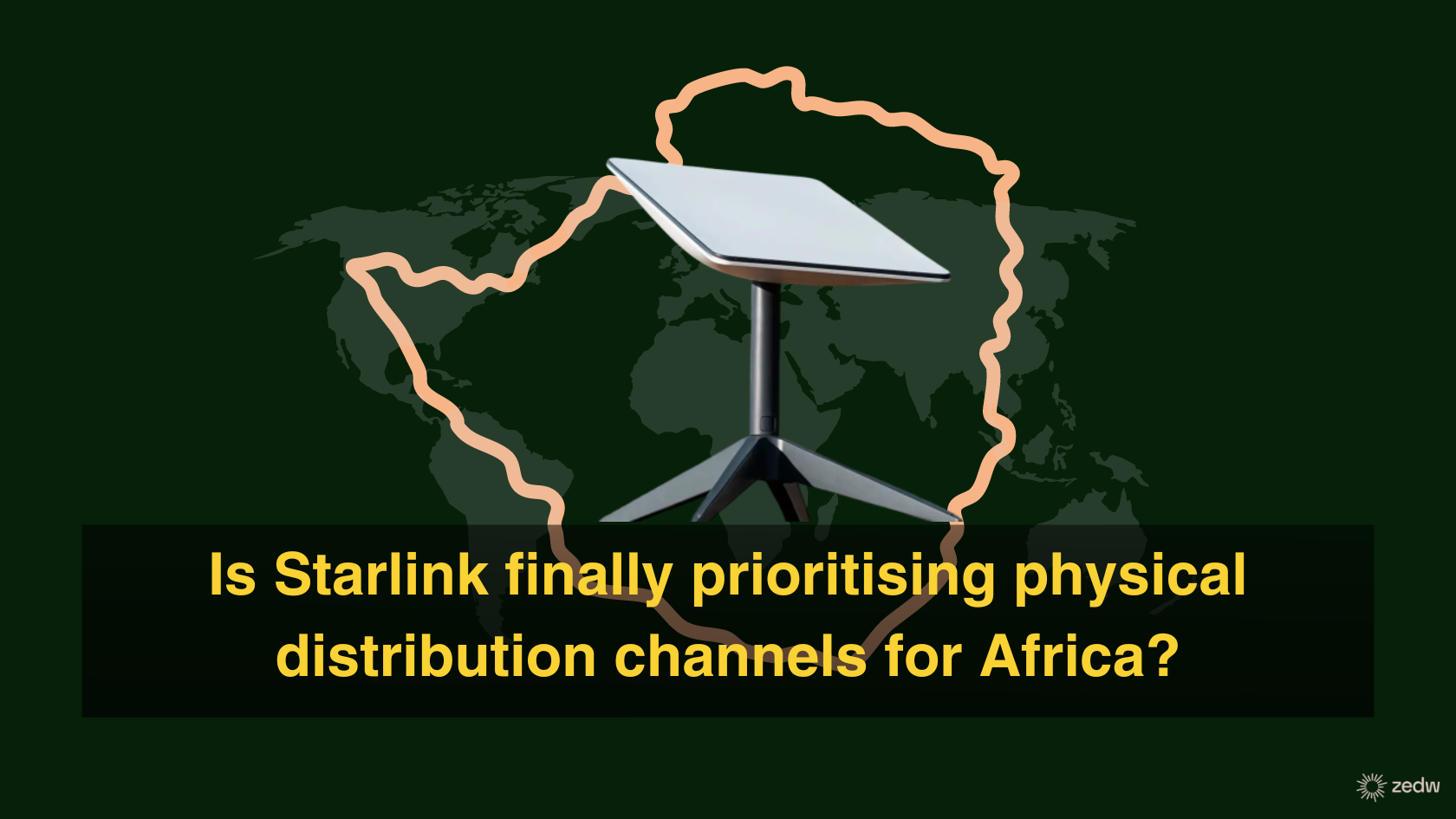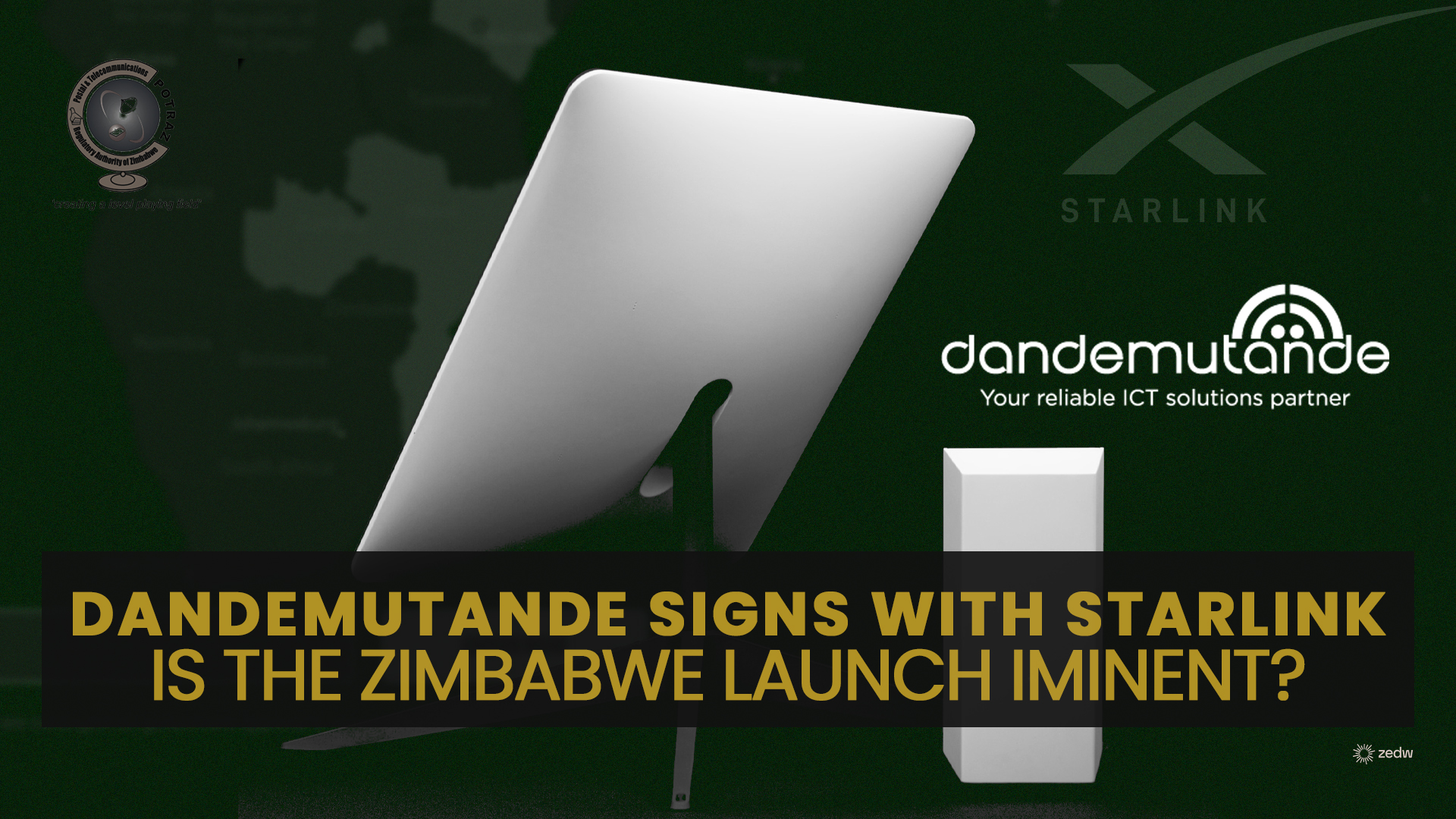Starlink has launched in several African countries this year with the latest one being Zambia. Naturally, Starlink does not have a presence in every region it operates in, which leads it to assign its service delivery and support to accredited 3rd parties. Paratus Group is a third party whose footprint makes it seem like it has the best shot at being the most expansive Starlink distributor in the Sub-Saharan African region.
Paratus Group, an established connectivity provider
Paratus Group headquartered in Namibia owns an expansive network of connectivity assets primarily in the SADC region. This primarily consists of backbone fiber links, satellite connectivity systems, and data centers. They also provide wholesale bandwidth to ISPs in the areas they operate in and have teams in 7 African countries that include:
- Angola
- Botswana
- DRC
- Mozambique
- Namibia
- South Africa
- Zambia
It has been in operation for 20 years now and in that period they have established points of presence in 35 countries, set up Tier III Data Centres in Angola, Namibia, and Zambia, laid over 10,000km of fiber from Swakopmund in Namibia to Dar es Salaam in Tanzania connecting the east to the west of Africa, provided satellite connectivity to over 5,000 terminals in Africa and international points of presence (PoPs) in the UK, Europe, and the USA.

Starlink’s choice for distribution in Africa
With the recent launch of Starlink in Zambia, Starlink also announced that Paratus Group is their ideal choice for an authorized reseller of the technology in Sub-Saharan Africa.
Initially, and with immediate effect, Starlink will be available from Paratus in Mozambique, Kenya, Rwanda & Nigeria before being rolled out to more countries.
Techtrends Zambia
Paratus Group will also be offering fixed, mobility, and maritime services with immediate effect as well as 24/7/365 enterprise support. This will, for the time being only be available in countries where Starlink has been approved to operate and also where Paratus Group has a presence. Countries like Zimbabwe will not fit both of those prerequisites.
Techtrends Zambia
- Efficiency in Enterprise Orders: Paratus Zambia enables businesses to streamline their operations. When ordering enterprise services online, businesses face the cumbersome task of placing individual orders for each terminal. This means 10 terminals require 10 separate orders; however, Paratus overcomes this and simplifies this process for businesses by allowing multiple links to be included in a single order, saving valuable time and effort.
- Multiple Payment Options: Ordering online via the web requires the business to use a credit/debit card as part of the payment requirements. Paratus Zambia removes this requirement through its normal business process of providing monthly invoicing on agreed payment terms.
- Support and Installation: When ordering online, customers are not provided with dedicated support or installation services. Paratus includes these services as part of the one-stop-shop-approach.

Will the extent of the partnership also include Starlink infrastructure?
Starlink is a satellite service and so satellites orbiting in space provide internet access to terminals mounted on the ground. These satellites provide this internet access by creating a wireless mesh network with other orbiting satellites through ‘Space Lasers’. It is a very efficient technology however the source for the internet access is still a ground station with a fiber connection to the rest of the global terrestrial network.
Satellite internet suffers from higher latency and lower throughput as compared to terrestrial fiber, shortcomings that can be further amplified by having too many hops between the client and the server they are trying to access. To reduce these hops and consequently increase throughput in the process, ground stations need to be set up with high-capacity fiber connections to the rest of the terrestrial network.
Currently, in Africa, Starlink has not set such ground stations so connectivity has to be sent over several hops till it reaches a satellite in a region where a ground station is present. Paratus Group has the infrastructure, skills, expertise, and relationships that could make it an ideal candidate to also be contracted by Starlink to set up ground stations in Africa.


